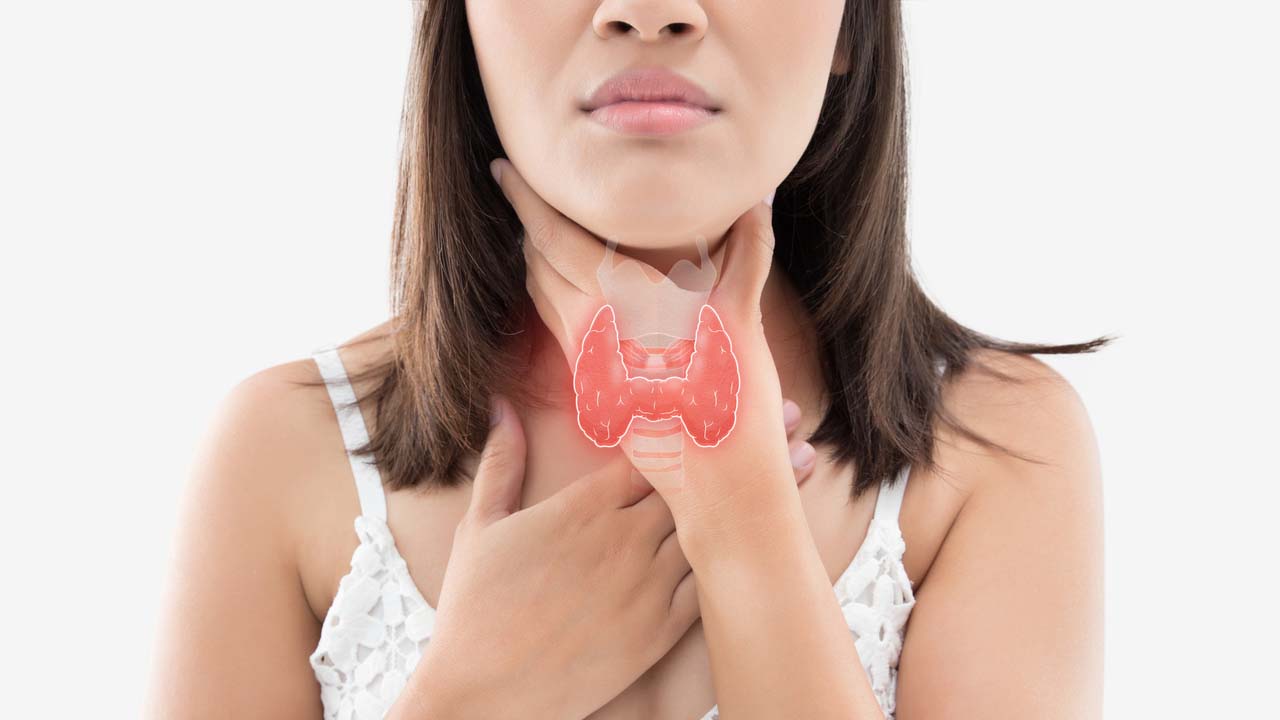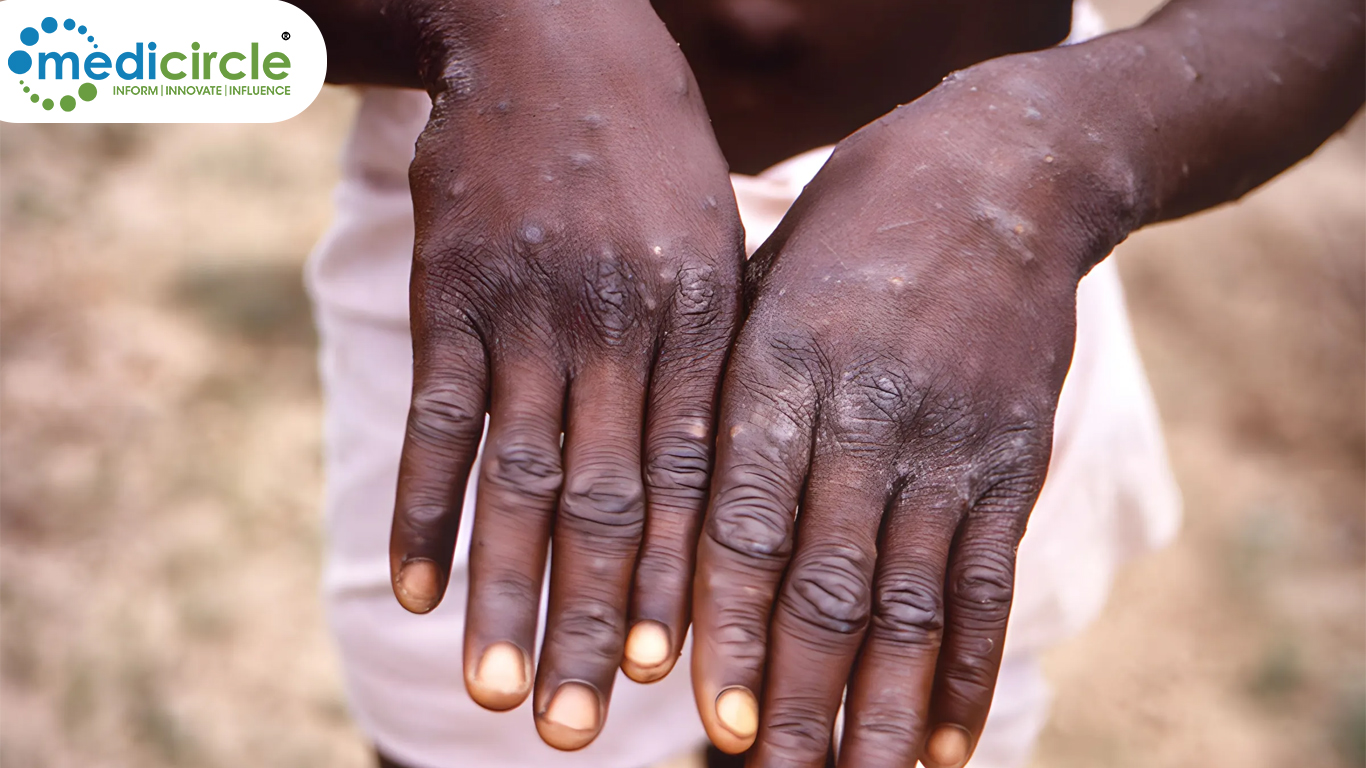The thyroid is a butterfly-shaped gland present in the front of the neck and produces the thyroid hormone. A large population is affected by a thyroid disorder. This hormone affects every cell, tissue, and organ of the body. Thus, it is very important for the body to function properly.
When this hormone is produced in excess, the condition is called hyperthyroidism. When this hormone is produced in lesser quantities, the condition is termed hypothyroidism.
Hypothyroidism symptoms
- Weight gain
- Fatigue
- Muscle weakness
- Increased LDL
- Mood changes
- Constipation
- Thinning of hair
- Puffy face
- Dry skin
- Joint pain
Main reasons for hypothyroidism
- Autoimmune disorder
- Radiation therapy
- Iodine deficiency
- Low stomach acid
- Leaky gut
- Slow liver
- Estrogen dominance
Diet tips for hypothyroidism
- Patients should consider a drop in calories to stimulate oxidative processes in the body.
- Patients should opt for a diet that is high in plant fiber as it will keep them fuller for a longer period, slow stomach emptying, and aid in bowel movement.
- Patients should have a sufficient quantity of proteins as they help to enhance metabolic rate.
- Patients should consume all parts of a balanced meal that contains essential vitamins and minerals too.
- Patients should try including more coconut oil since it has antioxidant effects and contains medium-chain fatty acids.
Things to remember
- Certain vitamins and minerals are essential for the healthy functioning of the thyroid gland. We take them but they are not appropriately absorbed by the body resulting in a deficiency. Apart from this, poor lifestyle and gut health, an unhealthy diet, and a lack of digestive enzymes can all cause nutritional deficiencies. One has to check for selenium, zinc, iron, magnesium, vitamin D, and vitamin B.
- Patients should consume antioxidant-rich food such as green vegetables, fruits, and nuts.
- A night of healthy sleep is very important. Maintain a healthy circadian rhythm. Avoid using phones, and laptops late at night before going to bed in blue light.
- Gut health and liver health are very important for the conversion of T4 to T3. Maintain a healthy one.
- Stay active, do regular physical activity and increase your metabolism.
- Stay away from stress, you can do meditation, yoga, and exercise.
- Avoid food having a high glycemic index like maida, bread, cakes and muffins.
- Some cosmetics and toiletry products contain hormone-disrupting chemicals. Hence it is good to avoid them. Parabens, fluoride, chlorine, and phthalates should all be avoided.
(Disclaimer: The content on this site is for informational purposes only, and should not be taken as professional medical advice. Always seek the guidance of your doctor or other health professionals for any questions you may have regarding your health or a medical condition.)

 A large population is affected by a thyroid disorder, be it hyperthyroidism or hypothyroidism. Here are some diet tips for hypothyroidism patients, and some dos and don’ts which can help them to manage the condition well.
A large population is affected by a thyroid disorder, be it hyperthyroidism or hypothyroidism. Here are some diet tips for hypothyroidism patients, and some dos and don’ts which can help them to manage the condition well.







.png)

.png)










.jpeg)


.jpeg)



.jpeg)
.jpeg)






.jpeg)





